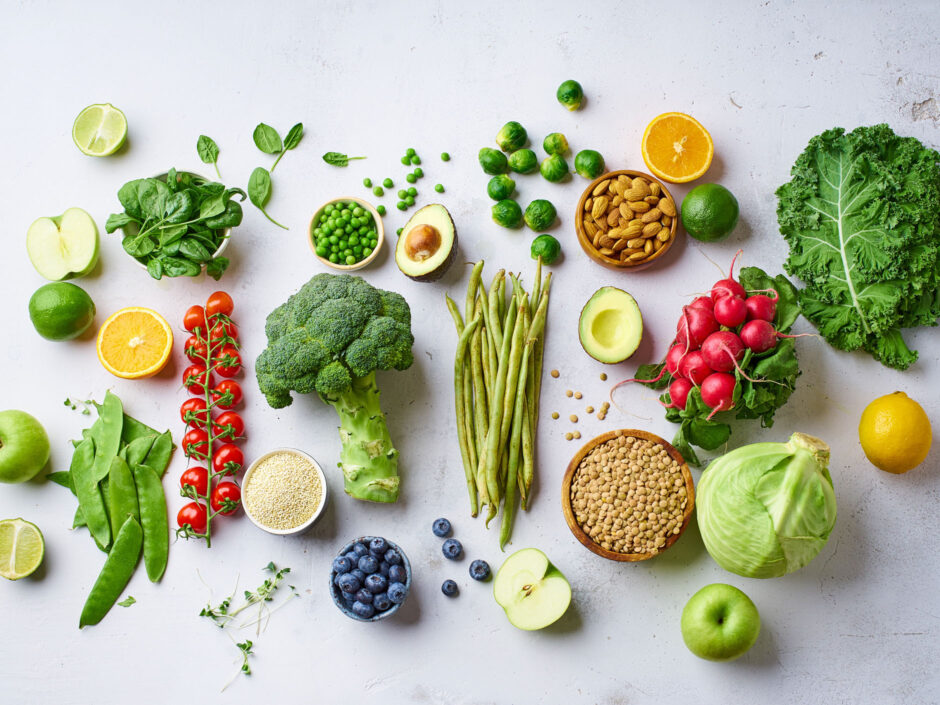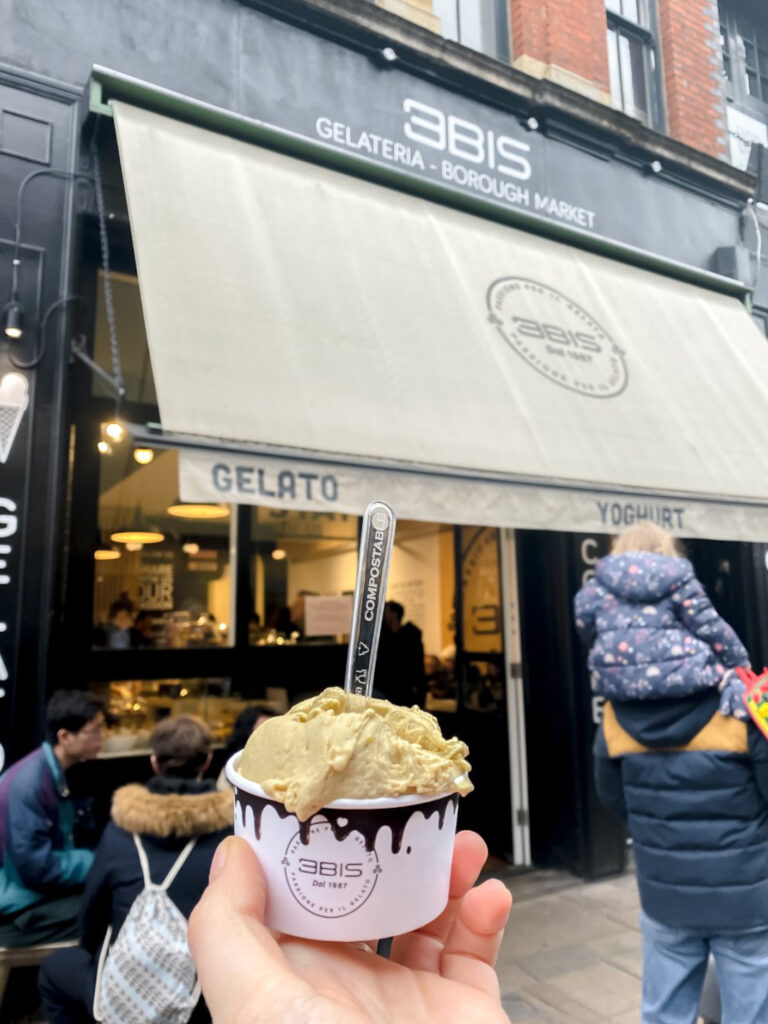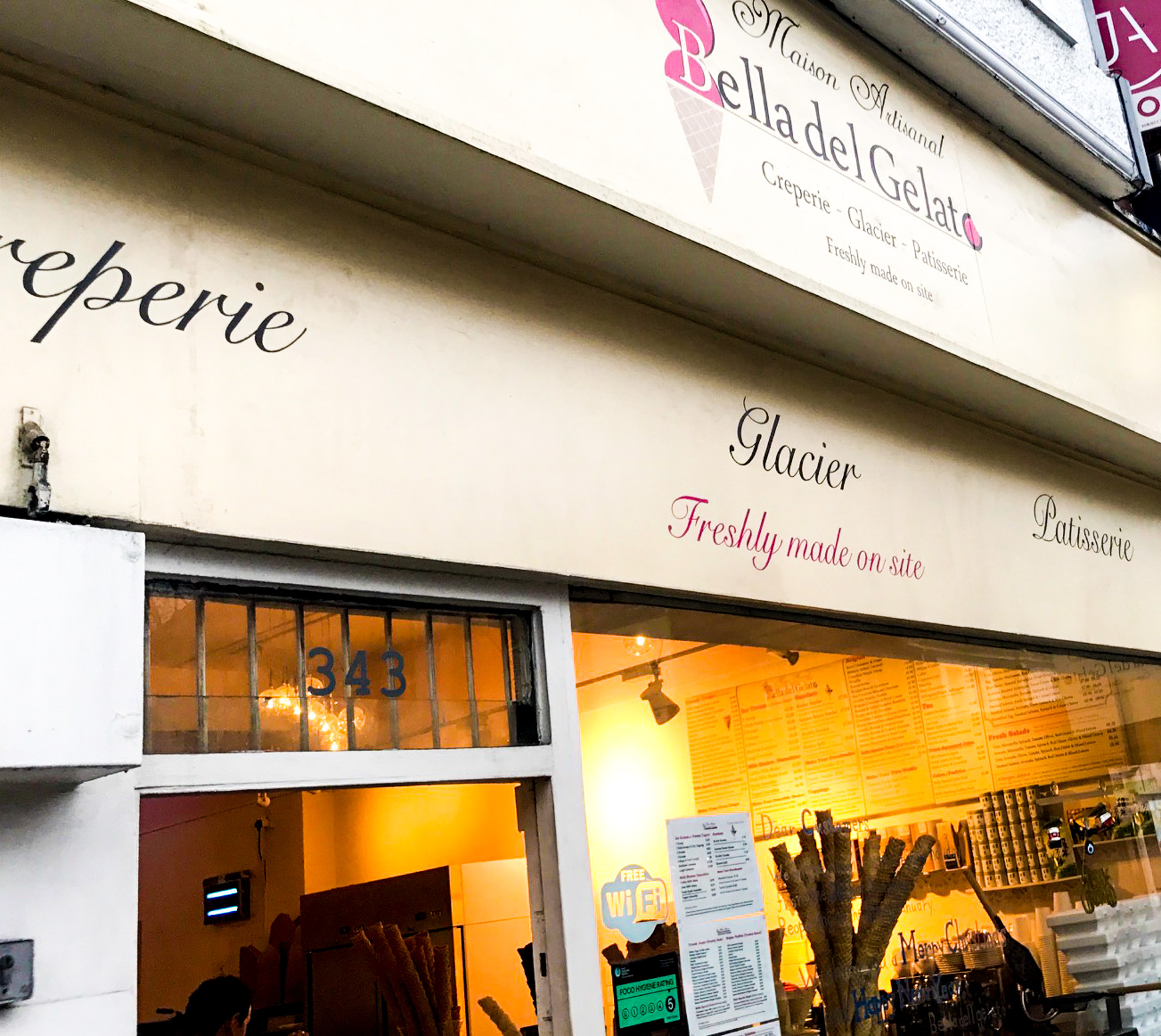Each year as January rolls around, consumers are bombarded with adverts about Veganuary. If you’ve managed to miss the memo, Veganuary is an annual challenge that was founded in 2014 by the not-for-profit of the same name. The aim is to encourage consumers to try a vegan diet for the 31 days of January. Whilst at the time of writing it’s too early to gather the data from 2023, last year’s results were staggering. Over 620,000 people globally signed up to the challenge in 2022, marking an increase of 40,000 from 2021. And this number will continue to rise.
The turn towards veganism and ethical eating has been increasing at an exponential rate since the early 2000s with the biggest rise taking place over the last five years. As someone who follows a vegan diet and lifestyle, seeing the growing offerings of food in supermarkets and restaurants has been incredible, but as we move through the year, the buzz around the January trend of “turning vegan” starts to die down and Veganuary is brushed aside for another year.
For those who aren’t already following an established vegan diet, February often marks a return to previous habits; despite this there has been a monumental shift in the way we eat. We’re starting to see public opinion around veganism changing for the better. But as beloved chain restaurants such as Wagamama boast a 50% plant-based menu, should consumers be worried about their favourite dining spots ditching meat altogether?
Previously, going out to dinner could have been an anxiety-inducing experience. Now, following a plant-based diet couldn’t be easier… for the most part
Previously thought of as hippy-dippy, underweight and lacking in essential nutrients, it’s hard to imagine that by 2025 vegans could make up a quarter of the population in the UK. There is, however, a difference between being plant-based and being vegan which can often confuse those looking to make the switch. To put it simply, being plant-based means that you follow a diet free from all animal products but being vegan goes one step further: it’s removing animal products from all aspects of your life, including your diet, your clothing, your makeup etc. With that being said, there are many reasons people choose to go vegan or plant-based, whether that be for the animals, for the environment, for health reasons, or perhaps because it’s seen as “trendy”.
Adopting a vegan diet has undoubtedly become more accessible than ever before, particularly in the UK and this is mostly thanks to the Veganuary campaign. In the last twelve months, the number of people who identify as vegan has increased by 40%. 770 new vegan products were added to our shelves in January 2022 alone and 316 new vegan menus were introduced across the UK in the same year. Those wishing to make the change can still enjoy their supermarket meal deals, their favourite fast food chains and even a vegan sausage roll (yes we’re looking at you Gregg’s). Most importantly though, this significant increase in the number of vegan products and menus makes it far easier to enjoy dining out, especially as we begin to see the rise in popularity of 100% plant-based restaurants such as London’s Wulf & Lamb, Mildred’s and its sister restaurant Mallow to name but a few. Previously, going out to dinner could have been an anxiety-inducing experience, potentially having to grapple with a myriad of disappointing side dishes as your friends and loved ones tuck into a hearty meal. Now, following a plant-based diet couldn’t be easier… for the most part.
Ultimately, whilst there has been increasing engagement by corporations to provide vegan options, the world is still majority meat-eating. Outside of larger, cosmopolitan cities, veganism isn’t exactly a trending topic. I for one know that the Alps are not known for their vegan options, having spent countless meals ordering “chips and a green salad – no dressing”. (You can never guarantee the French won’t sneak some honey in there.) However, I will say, in the past three years I have seen menus start to increase their offerings, even in the middle of a mountain in France. Le Flocon in La Rosière now offers two plant-based entrées; a buddha bowl and a cheeseless pizza. It’s a start.
Let’s not beat around the bush though: this shift towards more vegan options is largely due to commercialism. Responding to the increasing demand for plant-based products, whether a restaurant or a brand cares about the ethics of veganism or not, is a great marketing strategy and ultimately good for business. It can be hard to grapple with this when your own ethics come into play but it means that following a vegan lifestyle and diet is becoming more accessible and those who are thinking of changing their habits can do so easily and still enjoy their old favourites without too much hassle.
It’s fair to say that vegans are not taking over your dinner plate just yet, as Piers Morgan is inclined to tell you. Unless you’re frequenting an all-vegan establishment, you’ll be hard-pushed to find a menu that has more plant-based options than meat options, though it’s not totally unheard of. However, the fact that we are seeing so many new ways of eating and enjoying food that incorporates belief systems and even dietary requirements, can only be a positive thing. Even if I do still have to reel off “je mange pas de beurre, pas de lait…” as my boyfriend’s family tuck into raclette on our annual ski trips, it’s hard to disagree that public opinion towards veganism in the UK is shifting. It means that I, and many other people, can sit down with loved ones and enjoy a meal at home or in a restaurant without the dread of “what will I be able to eat” spoiling the occasion. For centuries, food has been at the heart of almost all social occasions and interactions. In a partially post-pandemic world, social eating is arguably more important than ever, and with the growing abundance of vegan offerings, everyone is able to partake in the festivities, no matter what diet they choose to follow.
March 2023
Cover photo licensed by Adobe. All other photos by Emily O’Brien.









